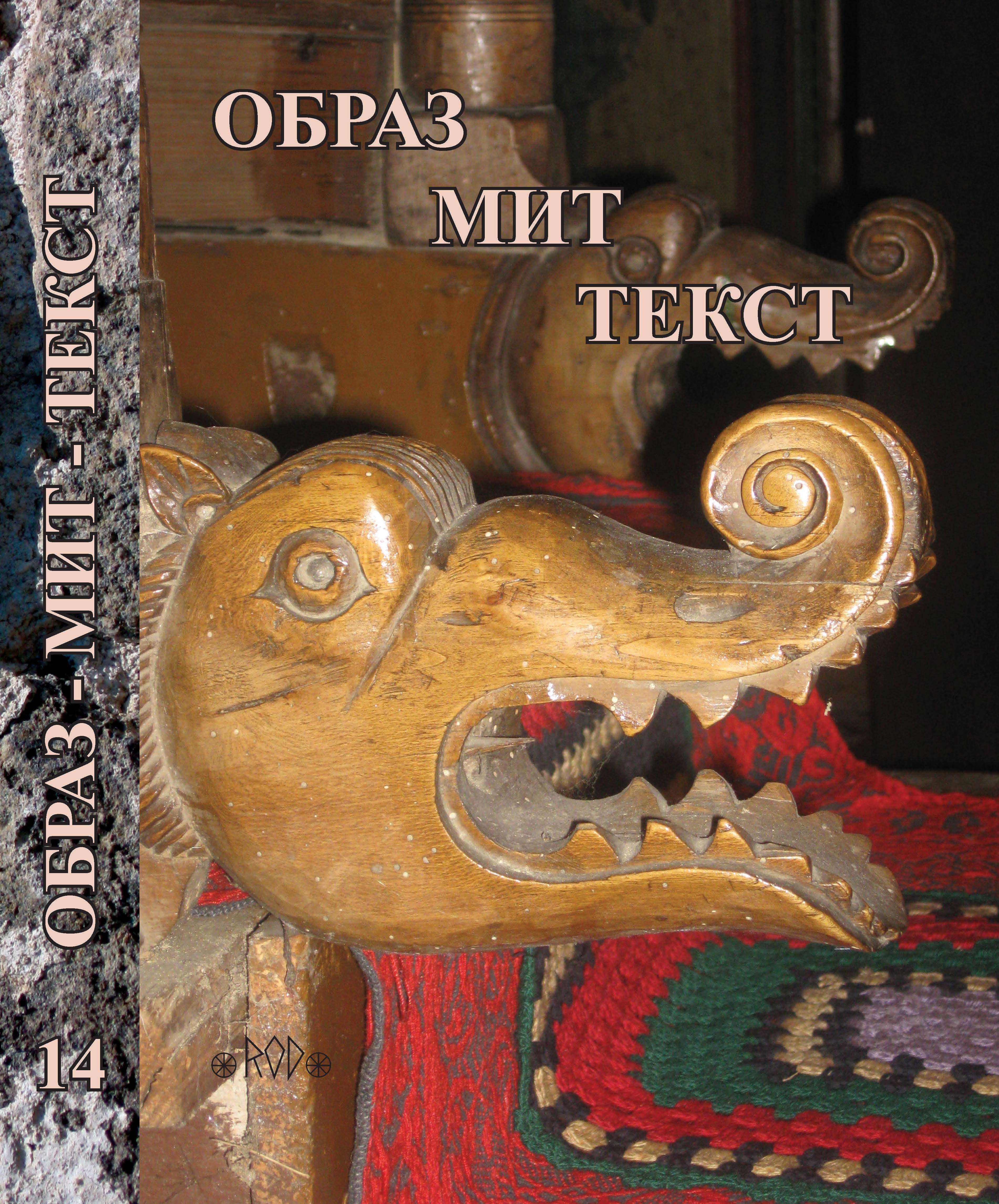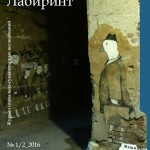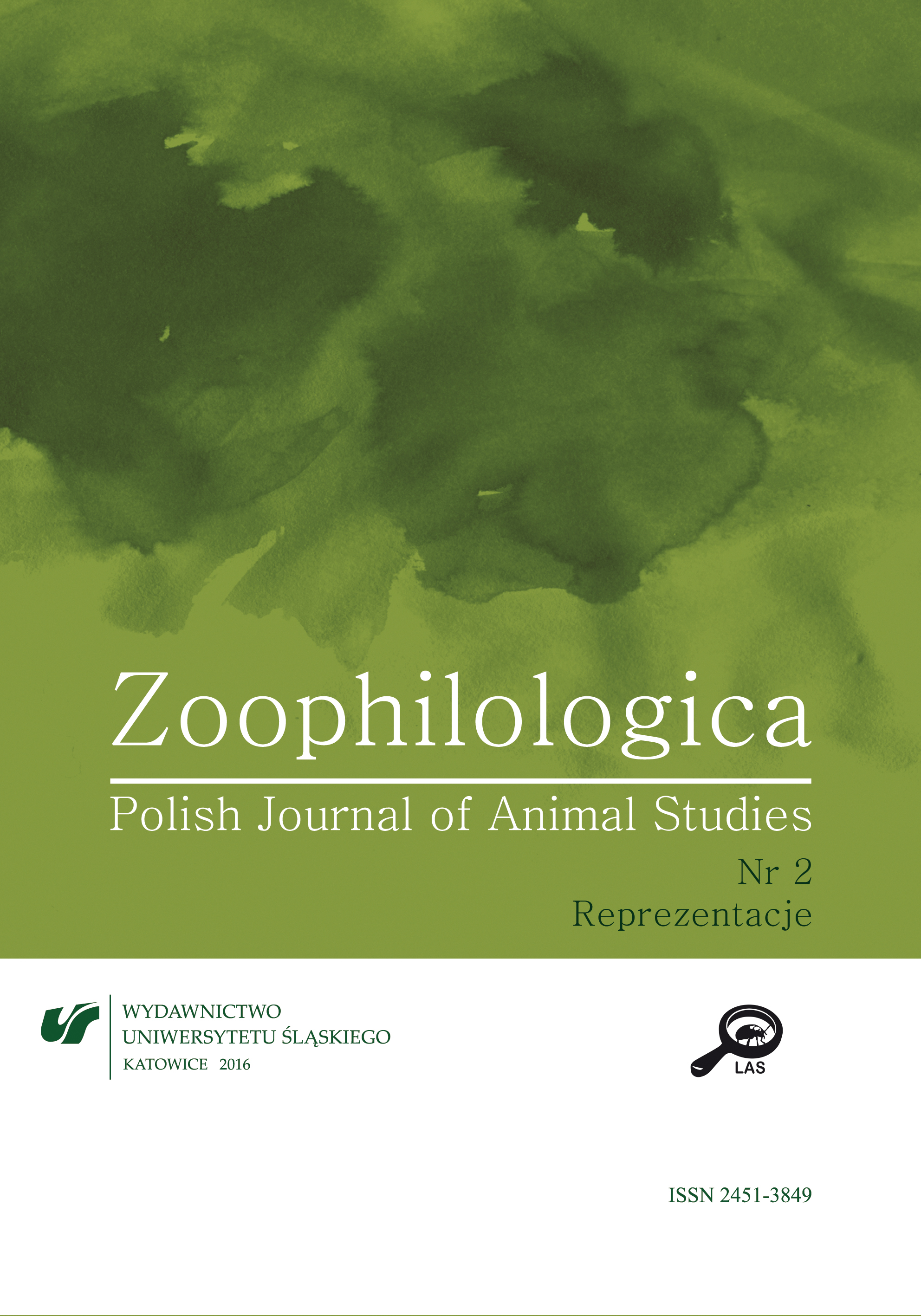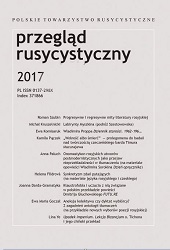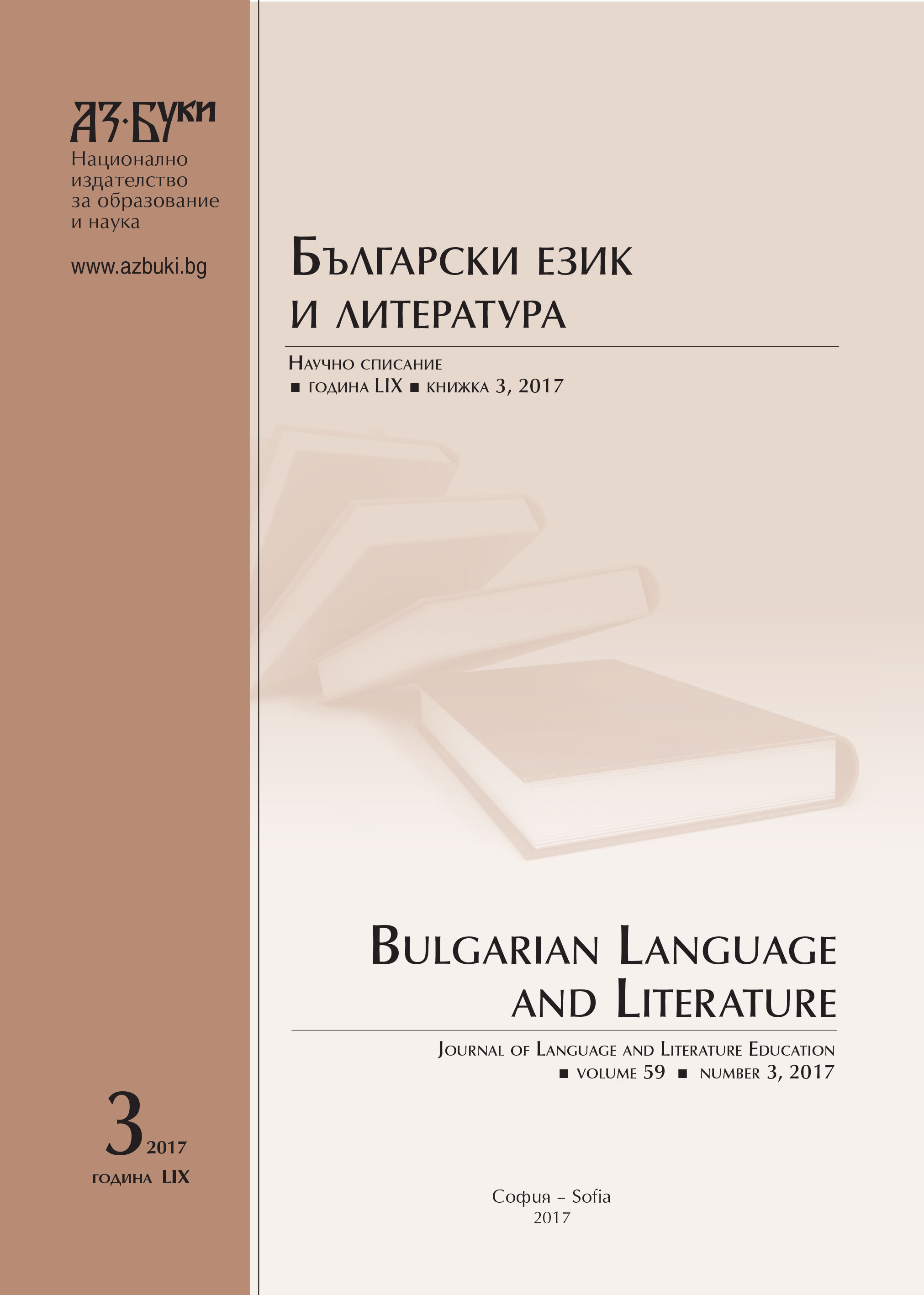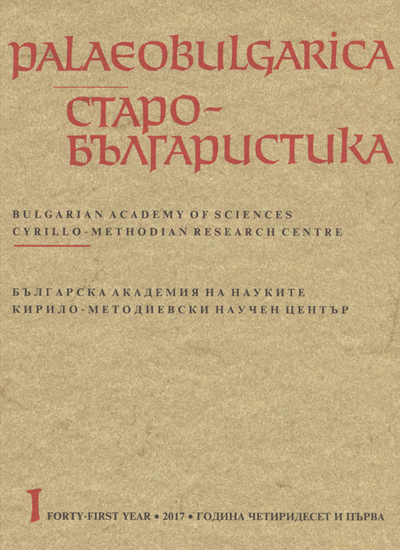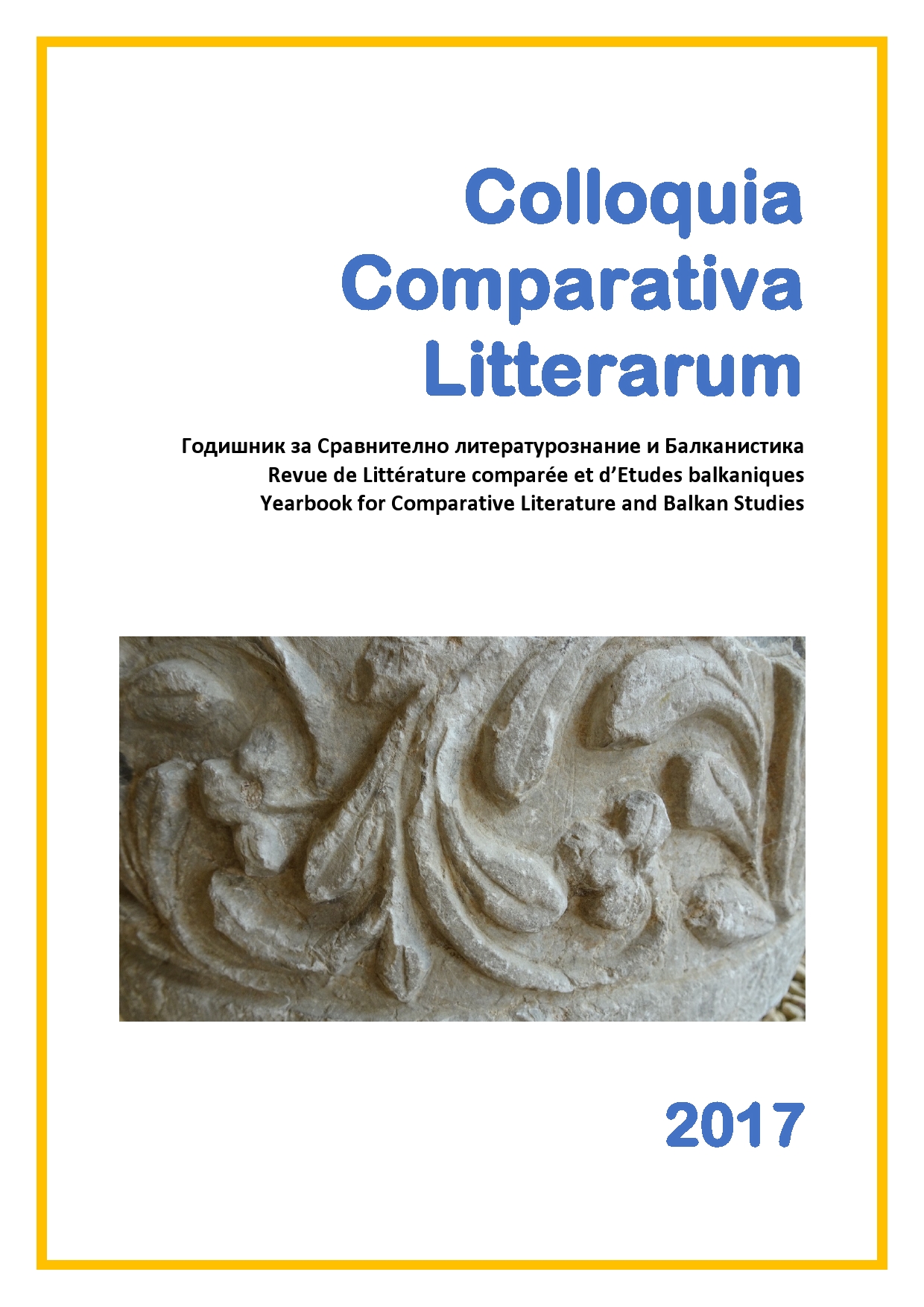Author(s): Lyubov' Aleksandrovna Sapchenko / Language(s): Russian
Issue: 1/2016
The paper for the first time examines unpublished letters of N.M. Karamzin to E.A. Karamzina (nee. Kolyvanova) against the background of the examples of love letters given in “Pismovniki …” of the 18th–early 19th centuries. The purpose of this work is to present the formation of author’s individual modality in Russian literature in more detail and to show more vividly and specifically the personality traits of N.M. Karamzin by the example of his epistolary heritage. The objectives of the paper are to examine the motivic structure and composition of the letters, to describe the basic motivic complexes of an “exemplary” love letter, to trace changes in the epistolary genre at the turn of the century, and to specify the sources of love phraseology in private letters of this period (“Pismovniki …”, French sentimental novel). The study establishes a special status of a love message, as well as its exclusive right to violate the canon, to disregard the established norms and patterns, which, in turn, becomes a normative characteristic of the genre. In the letters to E.A. Karamzina, N.M. Karamzin often used ready-made expressions, certain bookish clichés. At the same time, the diverse and unpredictable reality does not fit into the paradigm of rhetorical culture. It often precludes the use of stable formulas and causes the author of the letters to develop his own unique style. The obtained results reveal genre and style originality of N.M. Karamzin’s letters to his wife, where the letters represent a universal genre that combines in itself addressing his wife with love and concern, conversations with the estate manager, information about N.M. Karamzin’s health (the mes-sages on 1805), reporting from a place of epoch-making events, interpretation of the historical mission of Russia, a prayer to God for the salvation of his loved ones and his motherland (the letters of 1812 from besieged Moscow); court chronicle, small talk, the historiographer’s diary, moral and philosophical conclusions, passionate love declarations, parental blessing, etc. (the letters of 1816 from St. Petersburg). One of the unpublished letters of N.M. Karamzin to E.A. Karamzina is presented for the first time (1805).
More...
